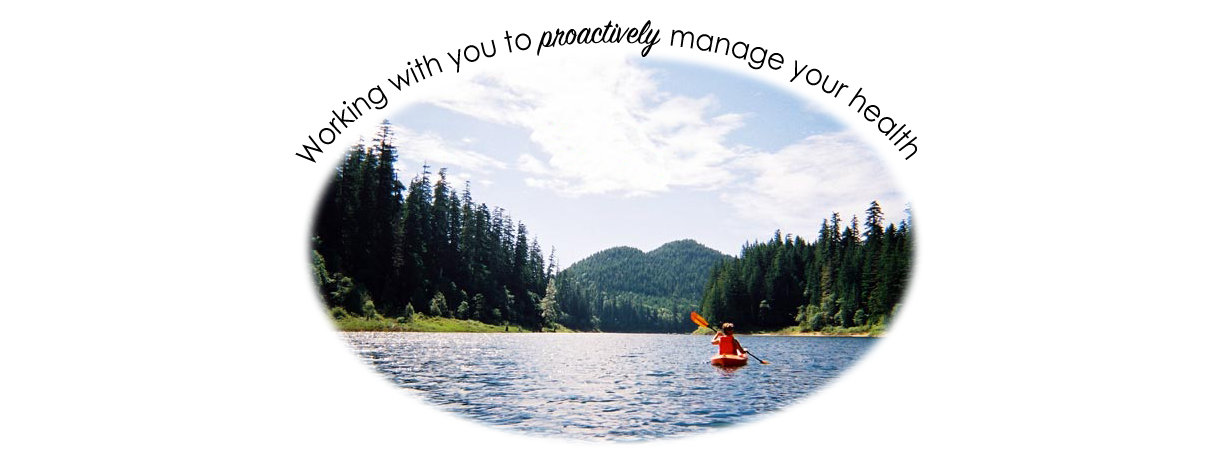A recent article in the Journal of the National Cancer Institute (JNCI) regarding the long-term side effects of cancer care caught my eye. The title of the article “Strategies to Prevent or Remediate Cancer and Treatment-Related Aging” the National Cancer Institute convened a think tank to “share evidence of promising strategies to prevent, slow, or reverse the aging consequences of cancer and its treatment.” It basically is good old fashion naturopathy. Everything they talked about in this article is what I have been trained to do with my cancer patients as a Fellow of the American Board of Naturopathic Oncology, (FABNO). As I have covered in previous blogs, we do a three-phased approach:
Phase 1 treat why the garden allowed the weeds called cancer cells to grow in the first place, phase 2 help our patients through the treatment to reduce side effects and tie up the circulating tumor cells without interfering with the treatment, and phase 3 help with remission retention for those with no evidence of disease or slow down the process for those that do. Phase 3 is all about recovery and helping to make the “garden” healthy again. Here is a link to that blog for details.
In this JNCI article, they state that Up to 85% of adult cancer survivors and 99% of adult survivors of childhood cancer live with an accumulation of chronic conditions, frailty, and/or cognitive impairments resulting from cancer and its treatment. Thus, survivors often show an accelerated development of multiple geriatric syndromes and need therapeutic interventions. I could not agree more. Our three-phased approach works to reduce both short- and long-term side effects. They talk about nutritional and exercise strategies during and after treatment, and they talk about cognitive care to reduce long term decline. Again, naturopathy at its best. Shoring up the garden after treatment and addressing why the garden let the weeds called cancer cells grow in the first place. We all make cancer cells every day. However, if the garden is healthy, our body takes care of those weeds. The question is what in the garden allowed a tumor to grow? Cancer is a multifactorial disease, not just one thing that causes cancer. You need to treat the whole person not just the disease. Standard of care does an excellent job of treating the weeds, but does not address the multiple causative factors, and results in long term side effects.
You might ask why all of a sudden is the allopathic system looking at these long-term side effects. In their conclusion, they state “The aging consequences of cancer and cancer treatments must be addressed within a health-care delivery framework because the biobehavioral and psychosocial mechanisms that influence aging are inherently multi-system and multi-outcome in nature and, if left unabated, translate to more healthcare resources and higher costs”. Ahh yes, they are finally starting to figure out that keeping people healthy costs less money. More importantly to me, keeping my patients healthy is about quality of life. None of us knows how long we will be here; tomorrow is not promised. Our motto is “live every minute of every day“. That includes all the ups and downs, we are here to learn from all that life brings even a cancer diagnosis.
As I tell all my patients, your body is the vehicle through which you experience your life. You only get one. Unlike material things, like a car, if you do not take care of them you buy another one. The only person in charge of that is you. This article is a glimmer of hope that just maybe, the American “standard of care” model is starting to see the value of treating the whole person and preventive care.
Be well,
Cynthia Bye, ND, FABNO
360-695-8800
